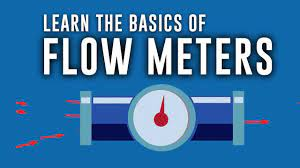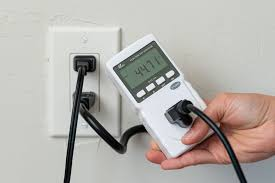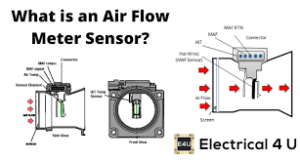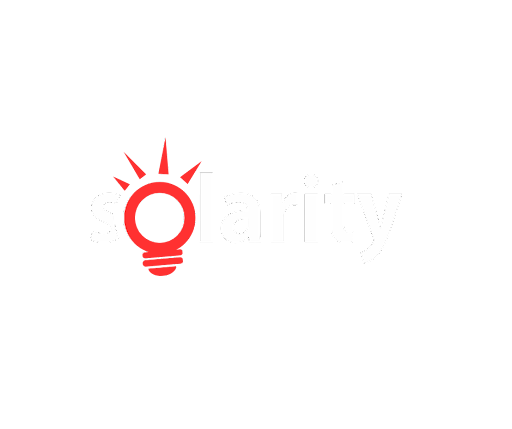
Your solar roofing or panels may have not been ready to accumulate sufficient sunlight to utilize for electricity on overcast days or at night. But on the other hand, throughout the day when no one is home, they might gather more energy because you’ll have to run your house.

For this reason, a device is used for measuring the amount of power moving both to and from your home. If you send any excess energy back to the grid, your electricity company will frequently give you credits. And also how The new electricity tariff! What are the implications for consumers?
Watts and kilo watts are the units of measurement for electricity
watts are the units of measurement for electricity
Electricity is measured in Watts, which are named after James Watt, the inventor of the steam engine. A Watt is the unit of electrical power equal to one ampere at one volt of pressure.
One watt of power is insignificant. A few really devices utilize only a few Watts to operate, while others require much more. Small devices’ power consumption is typically measured in Watts, while larger devices’ power consumption is typically measured in kilowatts (kW), or 1,000 Watts.
Electricity generation capacity is frequently measured in kilowatt multiple sets, such as megawatts (MW) and gigawatts (GW) (GW). One MW is equal to 1,000 kW (or 1,000,000 Watts), and one GW is equal to 1,000 MW (or 1,000,000,000 Watts).
Watthours are a measure of how much electricity is used over time.
One Watt of energy continuously supplied to or removed from an electrical circuit for one hour is equal to one Watthour (Wh). Kilowatthours are commonly used to measure the amount of electricity that a power plant produces or that a utility customer consumes (kWh). One hour’s worth of electricity is measured in kWhs, or kilowatt hours. You have used 200 Wh, or 0.2 kWh, of electrical energy, for instance, if you use a 40-Watt (0.04 kW) light bulb for five hours.
For more information about What is the cost of solar panles in Nigeria or Check out the resources listed below and Get Quotes or join the conversation using the hashtag #Solarpanel,#solarlight, #inverter, #solarinverter, #flowmetermeasure, #solarpower, #solarenergy. [forminator_form id=”68551″]
